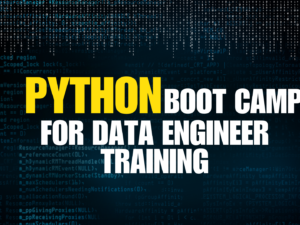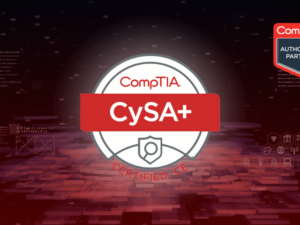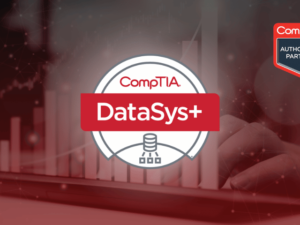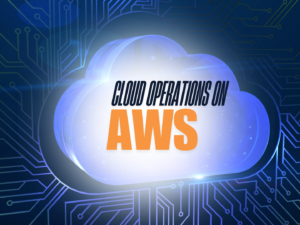AUTOMATION USING ANSIBLE
- Description
- Reviews
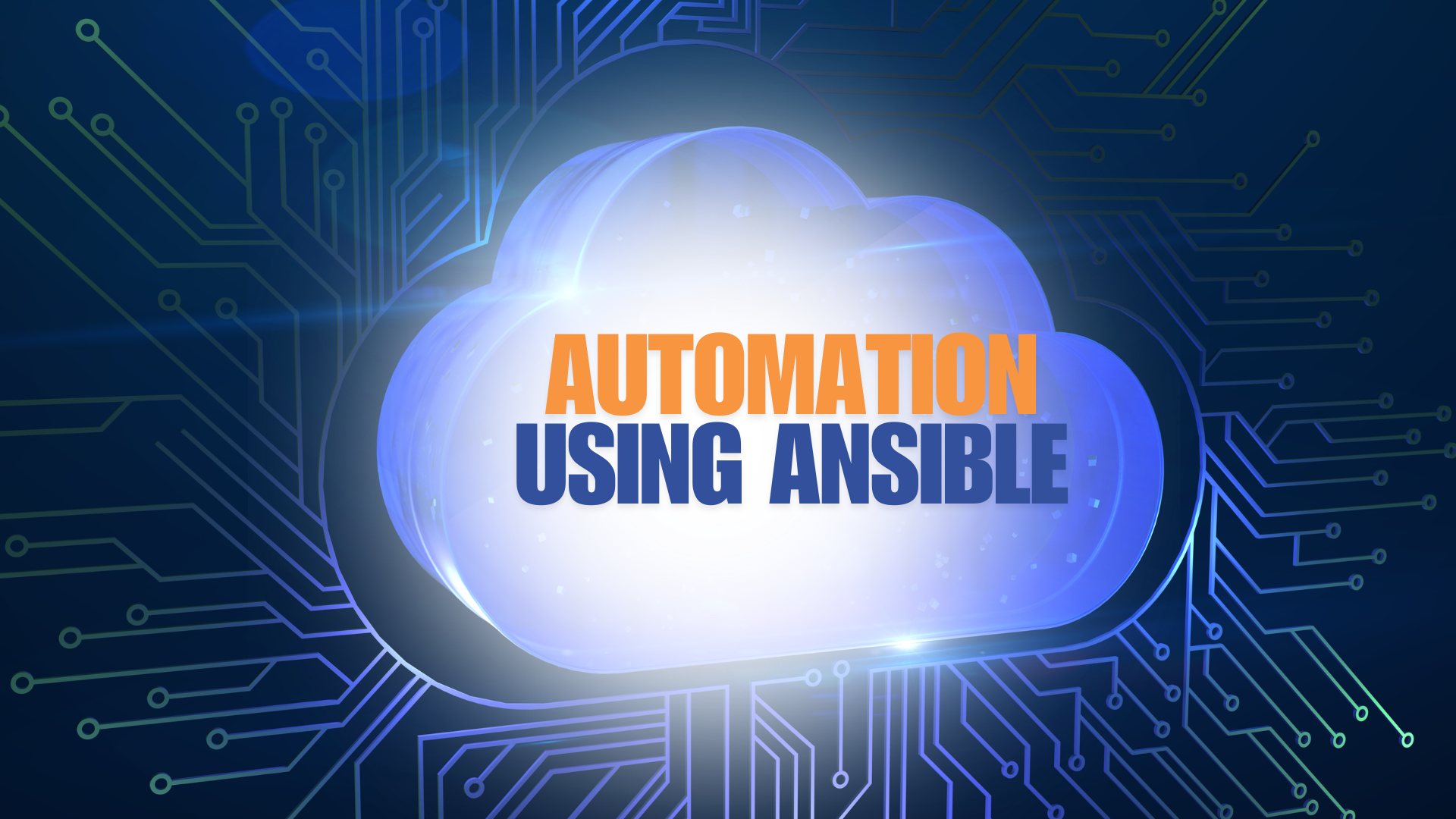
Course Overview
Introduction
This course provides an in-depth understanding of Ansible, an open-source automation tool that enables IT teams to automate configuration management, application deployment, and cloud provisioning. This training is essential for organizations looking to streamline IT operations and reduce manual workload through automation.
Business Relevance
By leveraging Ansible automation, businesses can enhance operational efficiency, strengthen IT security, and ensure compliance with standardized configuration management practices.
Target Area
This training supports IT automation, cloud management, and infrastructure as code (IaC), ensuring organizations can efficiently manage IT resources with minimal manual intervention.
What You’ll Learn & Who Should Enroll
Key Topics Covered:
- Ansible Basics & Architecture: Understand Ansible’s core functionalities and its role in IT automation.
- Playbooks & Roles: Learn how to write efficient Ansible playbooks and manage automation workflows.
- Configuration Management: Automate system configurations to ensure consistency across IT environments.
- Cloud & DevOps Integration: Implement Ansible in cloud environments such as AWS, Azure, and Google Cloud.
- Security & Compliance Automation: Use Ansible to enforce security policies and maintain regulatory compliance.
Ideal Participants:
This course is designed for:
- DevOps Engineers: Automate infrastructure deployment and streamline CI/CD pipelines.
- System Administrators: Manage server configurations and automate routine administrative tasks.
- Cloud Engineers: Implement Ansible for cloud provisioning and management.
- IT Operations Teams: Enhance efficiency by automating repetitive tasks and configurations.
- Security & Compliance Professionals: Automate security enforcement and compliance reporting.
Business Applications & Next Steps
Key Business Impact:
- Enhanced Security & Compliance: Implement automated security policies to protect IT infrastructure.
- Improved IT Governance: Establish best practices for automation-driven IT management.
- Operational Efficiency: Reduce manual errors, accelerate deployments, and improve system reliability.
Next-Level Training:
To further build expertise, consider:
- Building Batch Data Analytics Solutions on AWS: Master large-scale data processing automation.
- Building Data Analytics Solutions Using Amazon Redshift: Optimize data warehousing and reporting automation.
- Advanced Ansible Automation: Explore advanced modules, performance tuning, and enterprise-scale automation.
Why Choose Acumen IT Training?
- Enterprise-Focused Curriculum: Tailored for corporate IT environments and real-world applications.
- Instructor-Led Training: Learn from seasoned professionals with hands-on experience in automation.
- Business-Driven Learning: Practical applications designed to directly impact organizational performance.
- Flexible Training Options: Choose from Online, Hybrid Training, Instructor-Led On-Site, and Corporate Group Sessions.
For the full course outline, schedules, and private corporate training inquiries, contact us at Acumen IT Training.
Course Outline
COURSE OBJECTIVES
-
Understand Ansible architecture, components, and key terminologies.
-
Install and configure Ansible on various environments, including AWS and VirtualBox.
-
Create and manage Ansible inventories for organizing hosts and groups.
-
Execute Ansible ad-hoc commands and write YAML-based playbooks.
-
Leverage Ansible modules, plugins, and roles for automation tasks.
-
Utilize Ansible Galaxy to manage and deploy reusable automation roles.
-
Implement Infrastructure as Code (IaC) principles using Ansible for cloud automation.
-
Develop and optimize CI/CD pipelines integrating Ansible with tools like GitLab CI, Jenkins, and GitHub Actions.
-
Apply security best practices in DevSecOps pipelines with Ansible.
-
Work on hands-on labs and real-world projects to reinforce learning.
TRAINING INCLUSIONS
-
Comprehensive training materials and reference guides.
-
Hands-on lab exercises with real-world Ansible automation scenarios.
-
Automation Using Ansible Certificate of Training Completion.
-
Access to Ansible automation tools and services during training.
-
30 Days Post-Training Support.
COURSE OUTLINE
-
Module 1: Understanding Ansible
-
Module 2: Building Ansible Inventories
-
Module 3: Ansible Ad-Hoc Commands and Playbook
-
Module 4: Ansible Modules and Plugins
-
Module 5: Ansible Galaxy and Ansible Role
-
Module 6: Infrastructure as Code
-
Module 7: Hands-On Project on Ansible
-
Module 8 (Bonus Module): Requirement Analysis for Ansible
For FULL COURSE OUTLINE, please contact us.
Inquire now for schedules and private class bookings.
FAQs
- What is Automation Using Ansible training about?
This training provides hands-on experience in automating IT infrastructure, software deployment, and configuration management using Ansible. - Who should attend this training?
IT professionals, system administrators, DevOps engineers, and developers looking to automate processes and manage infrastructure efficiently. - Do I need prior experience with Ansible to join this course?
No prior Ansible experience is required, but basic knowledge of Linux and command-line usage is recommended. - What skills will I gain from this training?
You will learn how to create Ansible playbooks, manage system configurations, automate deployments, and integrate Ansible with cloud environments. - How long is the training program?
The course runs for three days, combining lectures and hands-on exercises. - Is the training available online?
Yes, we offer both online and in-person training options. - What are the career benefits of learning Ansible?
Gaining Ansible expertise can lead to career opportunities in DevOps, cloud automation, and IT operations, making you a valuable asset to any tech team. - How is the training structured?
The training includes a mix of theory, hands-on labs, and real-world scenarios to ensure practical understanding. - Will I get a certificate after completing the course?
Yes, participants will receive an Automation Using Ansible Certificate of Training Completion. - How can I enroll in this course?
You can contact us for schedules, private class bookings, and enrollment details.
Real-World Applications of Automation Using Ansible
Case Study 1: Automating Server Provisioning for a Financial Services Company
Challenge: A financial services company manually configured hundreds of servers, leading to inconsistent deployments and operational delays.
Solution: They implemented Ansible to automate server provisioning, enforce standardized configurations, and reduce manual effort.
Result:
✅ Reduced server deployment time from hours to minutes
✅ Improved consistency and security across all infrastructure
✅ Freed up IT teams to focus on high-value tasks
Case Study 2: Streamlining Application Deployment for an E-Commerce Business
Challenge: A growing e-commerce platform struggled with slow and error-prone application deployments, causing downtime and lost revenue.
Solution: Ansible playbooks were used to automate application deployments across multiple environments, ensuring faster and more reliable releases.
Result:
✅ Cut deployment time by 70%
✅ Eliminated deployment errors with automated rollbacks
✅ Increased system uptime during high-traffic sales events
Use Case 1: Configuration Management for Enterprise IT
Organizations use Ansible to manage thousands of servers, ensuring all configurations are up-to-date and compliant with security policies.
✅ Simplifies large-scale configuration management
✅ Reduces human error with automated enforcement
✅ Enhances system security with consistent updates
Use Case 2: Automating Cloud Infrastructure on AWS
Companies use Ansible to automate provisioning and scaling of AWS cloud resources, integrating seamlessly with DevOps workflows.
✅ Speeds up cloud resource deployment
✅ Improves cost efficiency by automating resource scaling
✅ Ensures compliance with cloud security best practices
Why These Case Studies Matter for You
By mastering Ansible, you’ll gain the skills needed to manage complex infrastructure with ease.
🔗 Enroll today and take the next step in your automation journey with Ansible!
Testimonials: What Professionals Say About Our Automation Using Ansible Training
⭐ ⭐ ⭐ ⭐ ⭐ “Essential for IT Automation!”
“This course helped me automate tedious system configurations, saving my team hours of manual work every week.”
— Carlos D., System Administrator
⭐ ⭐ ⭐ ⭐ ⭐ “A Must-Have Skill for DevOps!”
“I learned how to integrate Ansible with our CI/CD pipelines, making deployments faster and more reliable.”
— Mark R., DevOps Engineer
⭐ ⭐ ⭐ ⭐ ⭐ “Hands-On and Practical!”
“The real-world examples and hands-on labs made learning Ansible easy. I was able to automate our AWS infrastructure within days.”
— Jenny S., Cloud Engineer
Request a Quote
Popular Courses
Archive
Working hours
| Monday | 9:00 am - 6.00 pm |
| Tuesday | 9:00 am - 6.00 pm |
| Wednesday | 9:00 am - 6.00 pm |
| Thursday | 9:00 am - 6.00 pm |
| Friday | 9:00 am - 6.00 pm |
| Saturday | Closed |
| Sunday | Closed |


